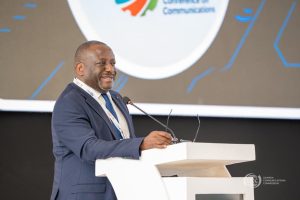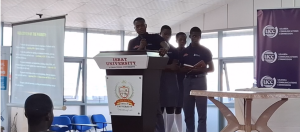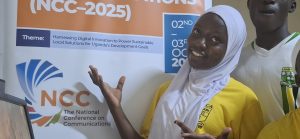Sylvia Mulinge Calls for Inclusive Digital Innovation at 9th UCC National Conference on Communications 2025.
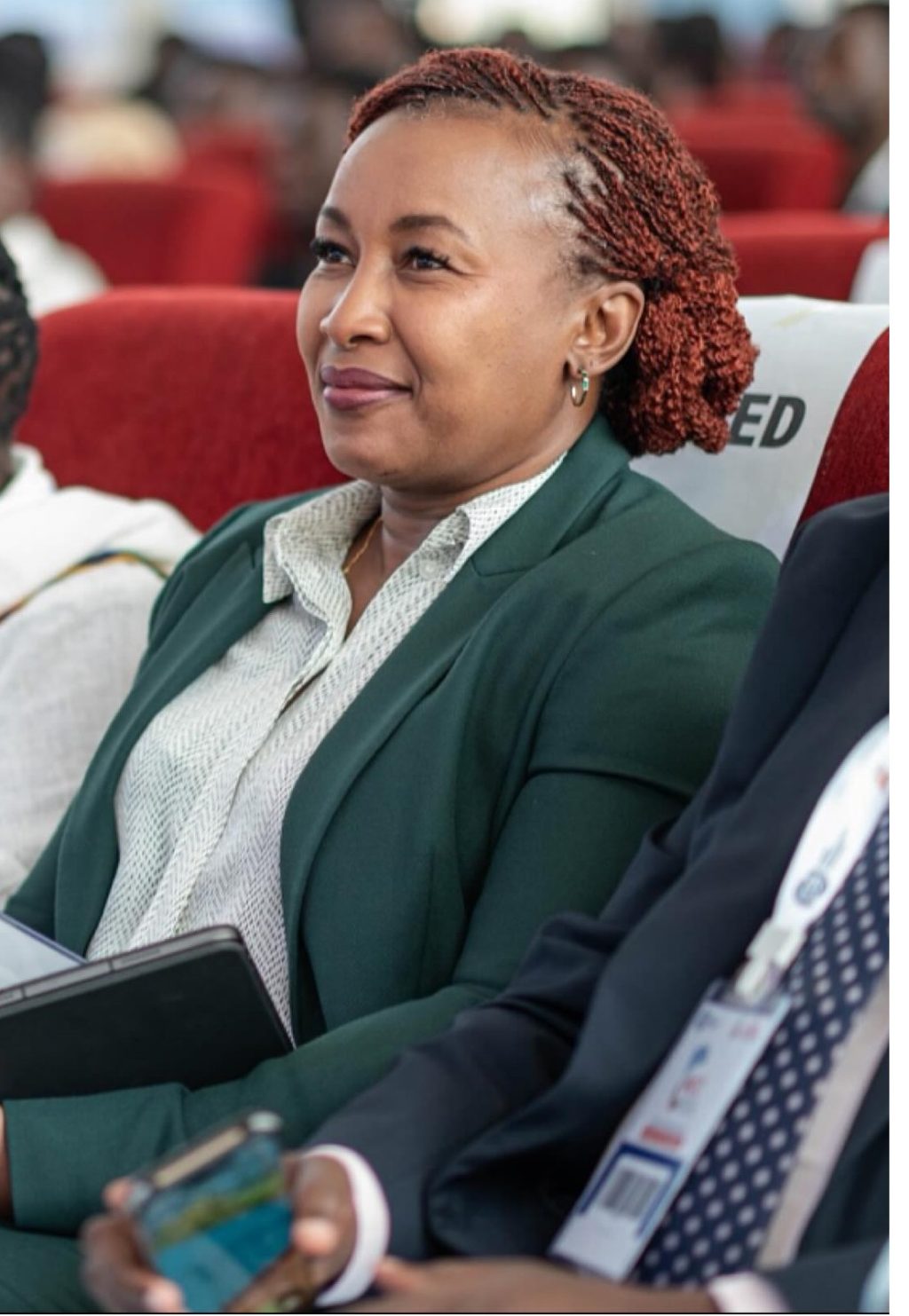
In a powerful and thought-provoking keynote address at the 9th National Communication Conference (NCC 2025), Ms. Sylvia Wairimu Mulinge, Chief Executive Officer of MTN Uganda, called for stronger collaboration between the private sector, academia, and government to unlock Uganda’s digital potential. Speaking at the National ICT Innovation Hub in Nakawa, Ms. Mulinge emphasized that digital innovation must be inclusive, affordable, and aligned with the country’s national development goals if Uganda is to build a sustainable digital economy.
Her message reflected both urgency and optimism — a recognition that the next phase of Uganda’s transformation will depend on how effectively the nation leverages technology to improve livelihoods, create jobs, and strengthen competitiveness under the National Development Plan IV (NDP IV).
Collaboration: The Key to Innovation That Works
Ms. Mulinge began her address by underscoring the power of collaboration in driving digital progress. She emphasized that for Uganda to achieve meaningful transformation, innovation must not exist in silos. Instead, the private sector must actively consume and commercialize academic research, while academia must design solutions that address real-world problems.
“The private sector must consume the research and innovations coming out of academia,” she noted. “Innovation only makes sense when it directly addresses the pain points faced by industry and communities.”
Drawing from MTN Uganda’s own experience, she cited the example of an IoT (Internet of Things) system developed to curb vandalism on transmission networks. This homegrown solution, she said, illustrates the kind of practical, locally inspired innovation that can transform industries when academia and private companies collaborate closely.
Aligning Innovation with Uganda’s National Development Plan IV
Ms. Mulinge aligned her remarks with the national development agenda, highlighting the challenge posed by the Executive Director of the Uganda Communications Commission — to ensure that innovation directly drives the objectives of NDP IV.
She explained that Uganda’s digital transformation must be anchored on industrialization, job creation, and inclusion, with technology serving as a multiplier for productivity and economic resilience.
“The challenge before us is clear: how do we make sure innovation helps build a country that is competitive, inclusive, and sustainable?” she asked.
Her remarks reinforced that innovation must not exist for its own sake; it must serve as a strategic enabler of economic and social transformation, aligned with Uganda’s broader vision for industrial growth and youth employment.
Innovation Without Access Is an Illusion
A major highlight of Ms. Mulinge’s keynote was her powerful statement that “innovation without access is an illusion.”
She noted that Uganda’s rate of smartphone ownership remains below 40%, while the average cost of an entry-level smartphone remains above UGX 230,000, effectively locking millions of Ugandans out of the digital economy.
“We cannot talk about digital inclusion when access remains a privilege,” she emphasized. “True innovation must reach the last mile — to every household, student, and entrepreneur who wants to participate in the digital world.”
Her comments reflected MTN Uganda’s long-standing commitment to bridging the digital divide through infrastructure expansion, community connectivity programs, and digital literacy initiatives. However, she made it clear that connectivity alone is not enough — affordability and usability are equally critical to ensuring that every Ugandan benefits from the digital revolution.
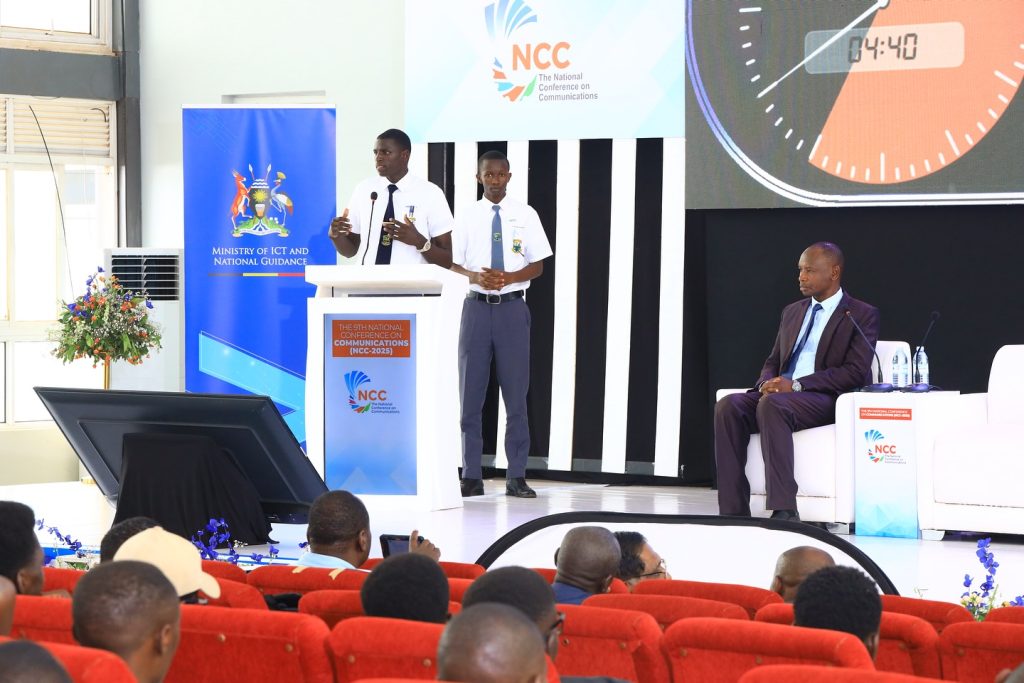
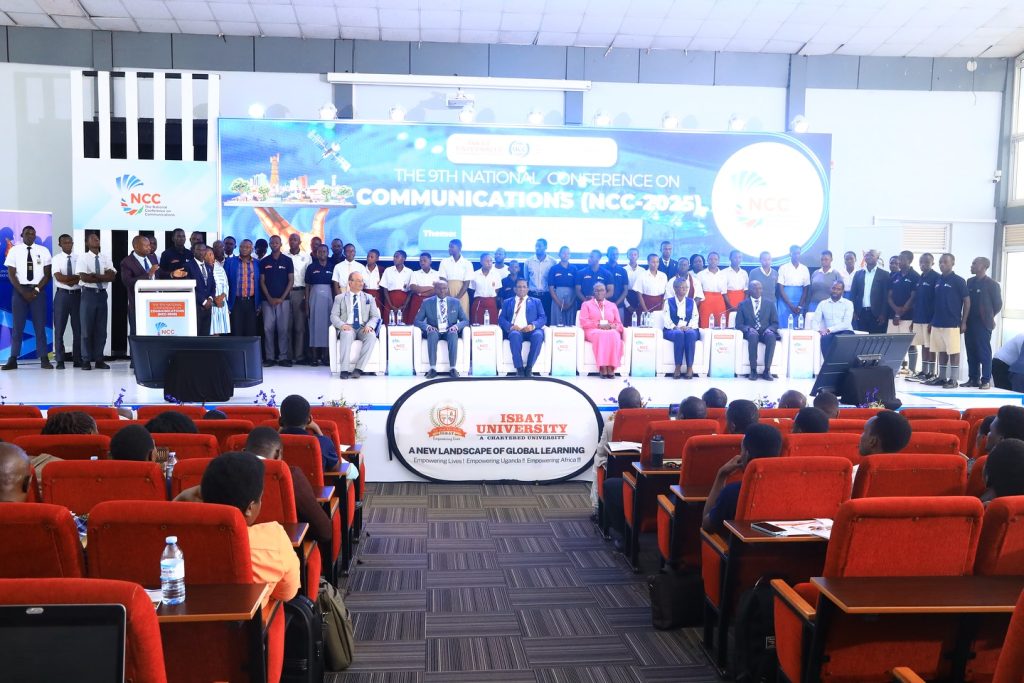
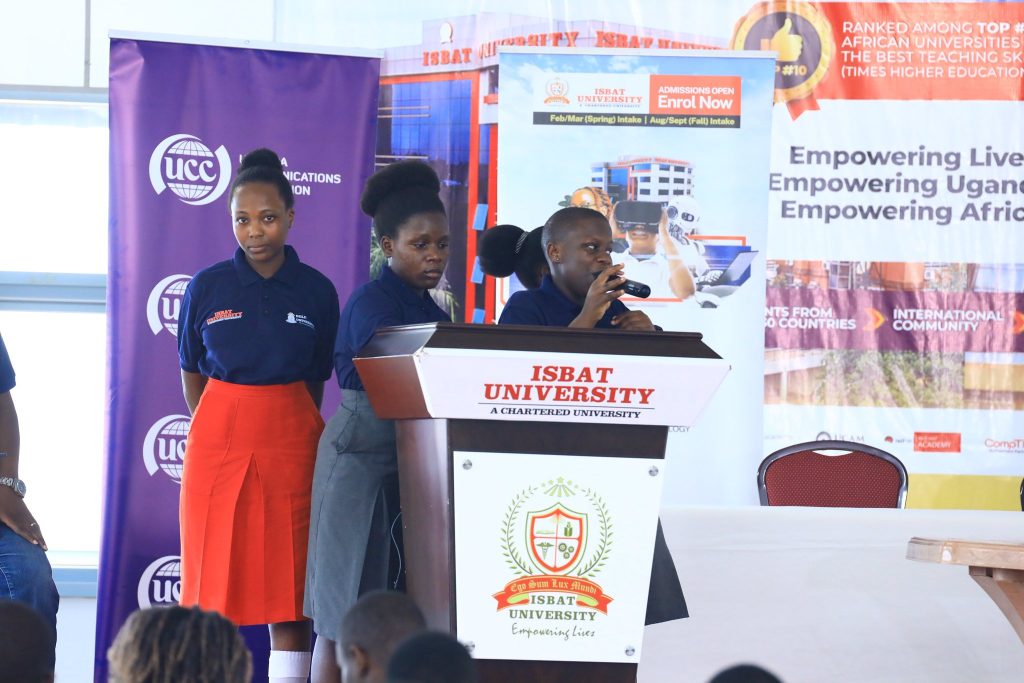
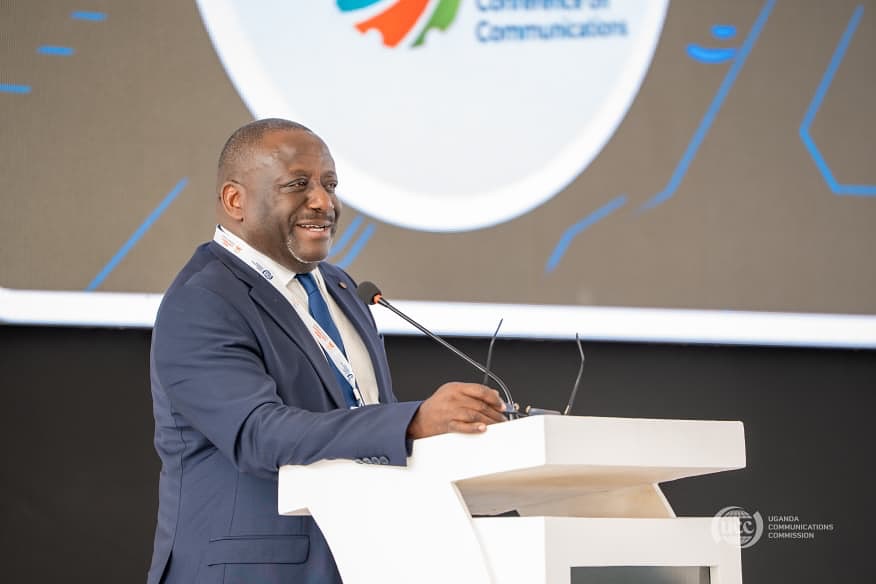
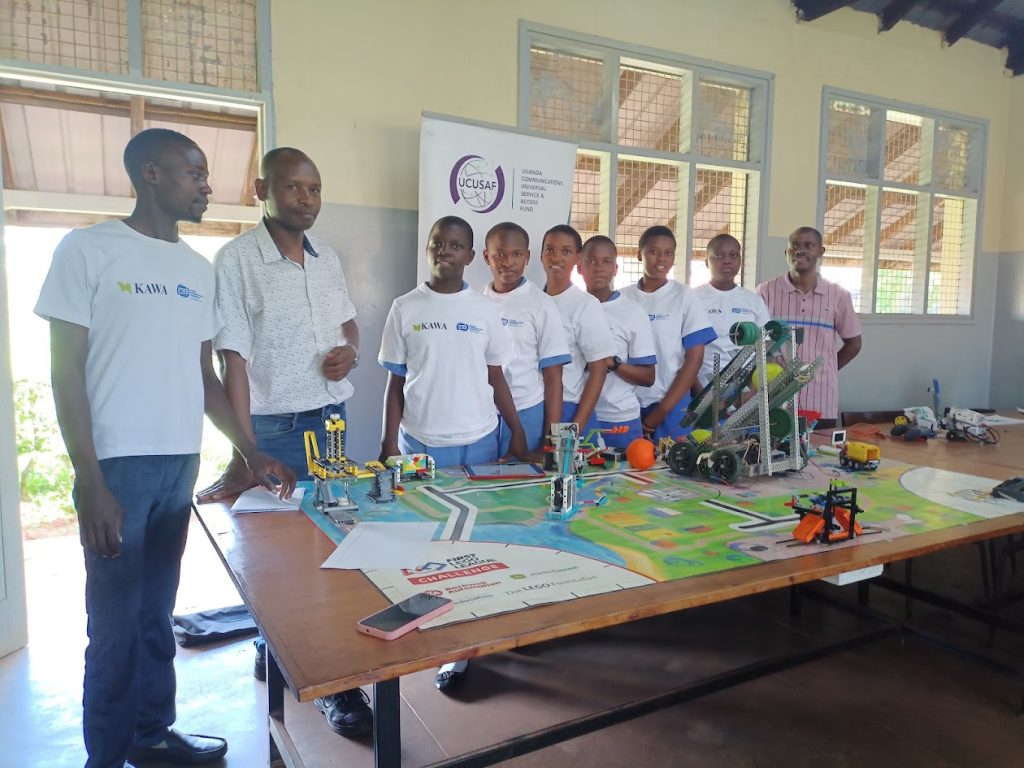
A Call for Tax Reform to Drive Digital Inclusion
Ms. Mulinge called on policymakers to consider tax reforms that make digital devices and access more affordable. She noted that excessive taxes on smartphones and digital services increase the cost of entry into the digital economy, discouraging adoption among low-income users and entrepreneurs.
“The high cost of devices limits entrepreneurs and excludes millions from participating in the digital economy,” she stated. “We must rethink our tax policies if we truly want an inclusive and connected Uganda.”
Her call resonated with many stakeholders at the conference, highlighting the need for fiscal policies that encourage adoption rather than inhibit access, especially as Uganda seeks to position itself as a regional leader in ICT-driven development.
Infrastructure, Affordability, and Adoption
Ms. Mulinge reaffirmed MTN Uganda’s commitment to investing heavily in network expansion, particularly in rural and underserved communities. She explained that while private sector investment is critical for infrastructure growth, it must be complemented by government efforts to promote affordability, adoption, and digital literacy.
“We are expanding our coverage to ensure every Ugandan is connected,” she said. “But connectivity without affordability and usability limits impact. Government must pair rural expansion with smart policies that promote adoption and meaningful use.”
She urged regulators and policymakers to coordinate more closely with telecom operators and innovators to create a holistic digital inclusion strategy — one that ensures both access and impact.
⚖️ An Appeal for Open and Enabling Policy
In the final section of her speech, Ms. Mulinge called for open and enabling digital policies that encourage innovation while safeguarding online safety. She cautioned that while regulation is necessary to protect users and ensure ethical conduct, policy should enable, not constrain, innovation.
“We must build an online environment that is safe, but also supportive of innovation,” she said. “Policy must enable, not constrain, the creative potential of our innovators.”
Echoing sentiments from UCC Executive Director Hon. George William Nyombi Thembo, Ms. Mulinge also addressed the issue of global platforms like Facebook. She urged policymakers to either support the development of homegrown Ugandan alternatives or consider restoring access, citing the platform’s importance in connecting small businesses, students, and rural entrepreneurs.
“For many Ugandans, these platforms are not just social spaces — they are tools for commerce, learning, and connection,” she noted.
A Vision for a Connected, Inclusive Uganda
Ms. Mulinge concluded her keynote by reaffirming MTN Uganda’s commitment to partnering with the government and academia in building a connected, innovative, and inclusive Uganda. She challenged all stakeholders to move from ideas to action, ensuring that every innovation developed within Uganda’s borders directly contributes to social impact and economic growth.
“Innovation must serve everyone, everywhere,” she said. “When we work together — government, industry, and academia — we can turn Uganda’s digital vision into reality.”
Her message captured the essence of NCC 2025: that technology is not just about connection, but about transformation — connecting people, ideas, and opportunities to create a future where no Ugandan is left behind.
🎥 Watch the full keynote address here:



